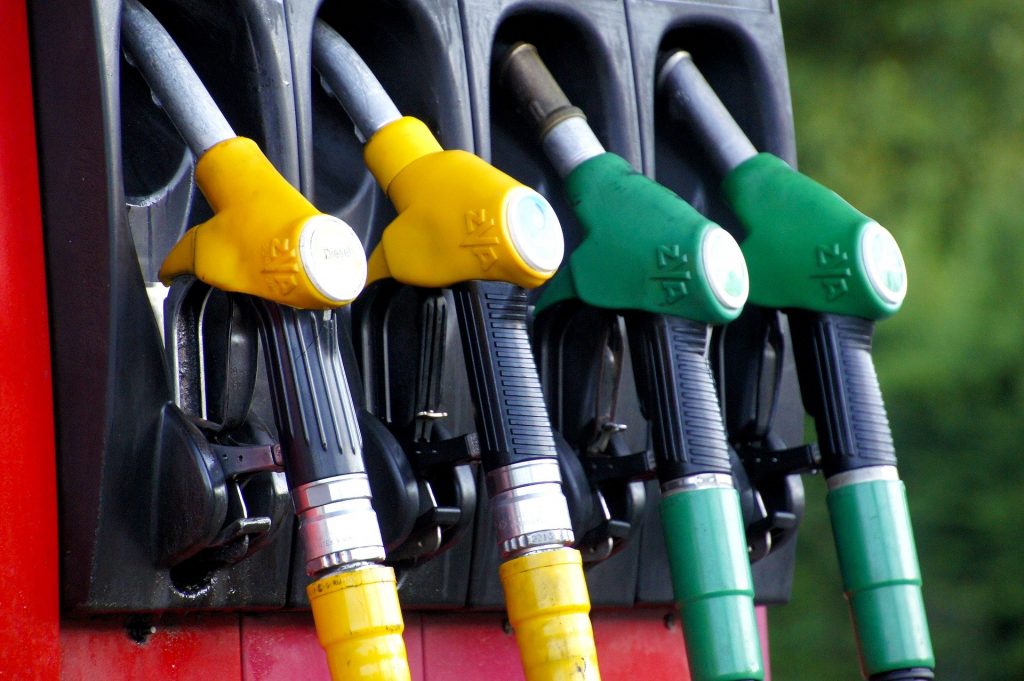Fuel Costs: Are You Doing Enough?
Is your business doing enough to reduce its fuel costs? With many companies failing to put processes in place to reduce the amount of money that they are spending on their fuel, it’s not surprising that this expenditure could be seriously affecting your bottom line.
This article will highlight the areas that fleet managers need to be addressing, such as regular training, protection against theft and other areas where you might be able to cut costs.
Training for Drivers
There are plenty of tips you can give your drivers to help them to conserve your company’s fuel, but you might want to try to give them an incentive to follow your recommendations if you want to see changes to your fuel consumption. Here are some ideas for future training sessions that you can hold with your staff and how to implement them:
Avoid Speeding
Your drivers might feel pressured to make their deliveries quickly, but they need to know that speeding is not the answer. Speeding can lead to accidents and fines, but in the short term – it also uses more fuel.
If speeding is a problem with your fleet, you might want to consider investing in speed limiters.
Changing Speed
Both accelerating and braking cause a vehicle to use more fuel than if it were to continue at the same speed. By informing your drivers on the safety benefits of maintaining speed laws and safe distances from other vehicles, you should see improvements in fuel consumption.
When drivers leave safe distances between their vehicles, they don’t need to brake as often – or as severely – which is good for your fuel and for your drivers.
Reduce Idle Time
Remind your drivers to turn the engine off if the vehicle isn’t going to be moving for more than a minute. This will reduce lost fuel and is also beneficial for reducing global warming impacts. FleetNews even recorded a case where one company found they were losing over 13k litres of fuel every month.
The times when idling is going to cost your company the most is when the engine is left running during deliveries or pick-ups. Educating your drivers about this could see you company making substantial savings. This is more common in winter and wet weather when drivers are reluctant to turn the heating off.
Vehicle Maintenance
This is one of the most important aspects for good fuel economy. Good vehicle maintenance will ensure that the likelihood of a leak occurring will be reduced. Thorough scheduled checks will also reduce the likelihood that you’ll have to suffer poor fuel economy as a result of an internal part that isn’t working as it should.
Tyre inflation is also very important, as underinflated tyres can result in sub-optimal fuel use. Be careful not to overinflate tyres, however, as this could see you paying out for tyre replacements instead.
Our Fuel Management Systems can help you to track your fuel expenditures more precisely, and they can also help you to better protect your fuel reserves onsite.
Lighter Vehicles
It has been shown that reducing the weight of a vehicle can vastly improve its fuel economy (autoblog). This means that considering the right vehicle for the job is always important, as an unnecessarily large vehicle could be costing you in fuel. If your company is ever considering replacing some of your fleet, the weight of each vehicle compared to its load capacity might be something for you to consider.
It’s also important to consider what items are regularly being kept in the vehicles and how necessary they are. Roof racks and roof bars, for example, are unlikely to be needed for every journey and could be costing your fleet.
Speak to Employees
Your drivers are the ones who are working with these vehicles and they likely understand them quite well. Involving your employees in your efforts to improve the business will improve morale by helping them to feel that they have opportunities to affect the direction of the business, and it may reveal aspects about your current processes that would be difficult to imagine in isolation.
Cutting your fuel costs is an important consideration for companies who are looking to streamline their day-to-day activities. Motivating your employees to follow through with your ideas can be difficult but is vital if you want to see real changes to your fuel consumption. Monitoring employee’s fuel consumption compared to mileage and rewarding successes could be one way to encourage better behaviour whilst driving, but inspiring company loyalty could have similar effects in pushing your drivers to strive to make your company’s efficiency even better.










